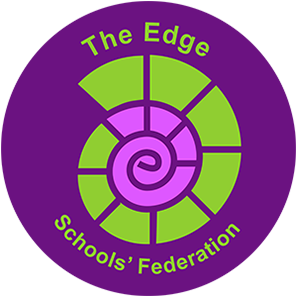Curriculum
In accordance with the National Curriculum, the children from key stage 1 (year 1 and 2) and key stage 2 (years 3, 4, 5 and 6) study the following subjects.
Core subjects KS2 Long Term Plan
- English KS2 Learning Map
- Mathematics
- Science EYFS & KS1 Long term plan
Foundation subjects EYFS & KS1 Learning Map
- Religious Education
- Computing
- Geography
- History
- Art
- Physical Education
- Music
- Design Technology
- Personal Social and Health Education
- French
Children in the Reception classes follow the Early Years Foundation Stage curriculum.
Whilst the majority of the curriculum is taught with a single subject focus, teachers take every opportunity to link curriculum areas where this is considered appropriate. For example, much of the material used within the study of non-fiction reading and writing in literacy will be drawn from other curriculum areas.
The use of Information Communications Technology for all children is embedded within the curriculum. Its delivery includes the direct teaching of specific skills and knowledge as well as a practical application within the children’s work.
National Curriculum Guide for Parents

